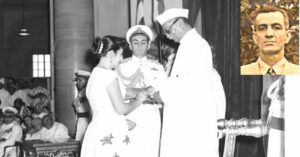‘We Have Become Brave’: How The Media & Movies Are Upholding LGBTQIA+ Rights
In India, cinema in any language is the strongest mode of communication. Until recently, the LGBTQIA+ was misrepresented, through caricatures of cross-dressed men or conniving and villainous characters.
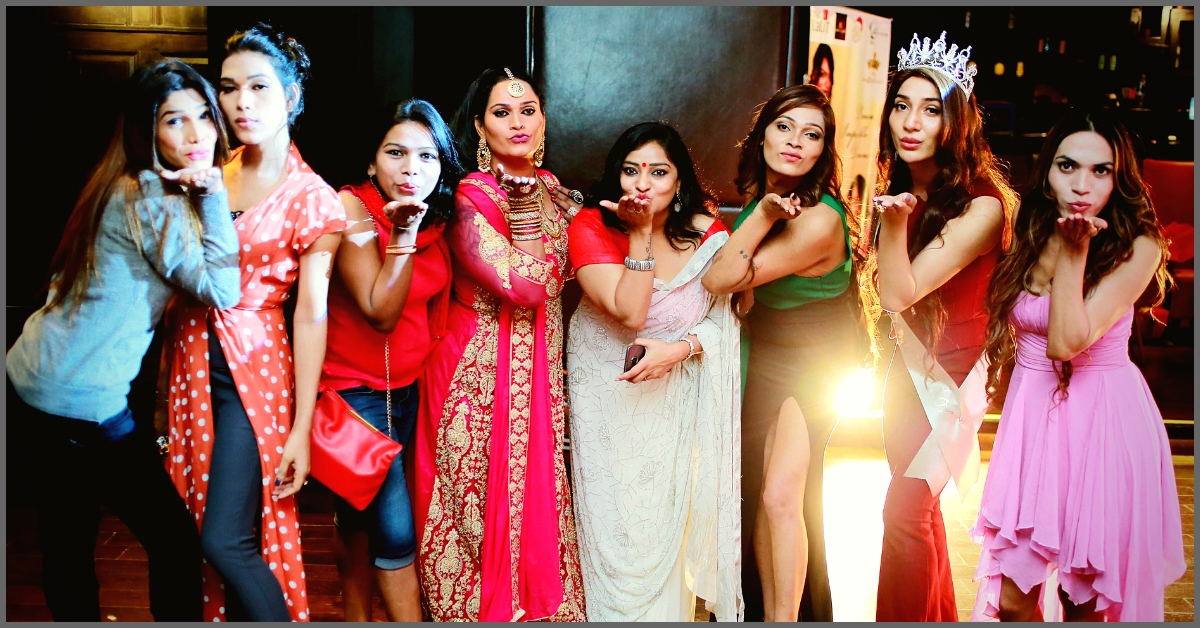
On June 4, in the form of five 3-D doodle panels, Google commemorated 50 years of a struggle which continues today, becoming an international event. It was started by a handful of people way back in 1969 in Greenwich village, near Manhattan in New York City.
Initially, a few newspapers wrote about it but not very favourably. But now, every media—print, electronic, celluloid and digital—is talking about this struggle. The struggle of the LGBTQIA+ community!
In fact, June is celebrated as International Pride Month to commemorate the struggle that started five decades ago.

LGBTQIA+ (lesbian, gay, bisexual, transgender, queer, intersexual and asexual) members are coming forward and openly talking about their sexual orientation in the last decade or so, and the public is accepting them. Earlier, they always hid their preferences as they feared ridicule or ostracisation. It was as though their existence was questioned. But the turn of this century brought changes in society.
Even in a conservative country like India, transgender got recognised as the third gender in 2014 and included in the voters’ list as the third category. Apart from success in their chosen fields, individuals from these communities are finally gaining the limelight.
Their journeys are difficult, but favourable reports about them in the media are inspiring others to come out.
News anchor Faye D’Souza of Mirror Now TV aired a one-hour programme on the LGBTQIA+ community and their problems. Same-sex couples on the show shared that despite the decriminalisation of Article 377, their marriages aren’t yet legal in the country. This also causes problems in ownership of property when one partner dies. Moreover, they could not avail simple services like health insurance or home loans.
Mumbai-based Oncologist, Dr Prasad Dandekar, said, “In terminal cases, we can’t even permit the plug to be pulled! Simple operations need permission from parents!” As glorious as it looks, at the ground level, things are very different.
People in society are understanding and accepting of this community from a distance, but when it comes to their own kids or family members, individuals are still disowned and thrown out of their homes.
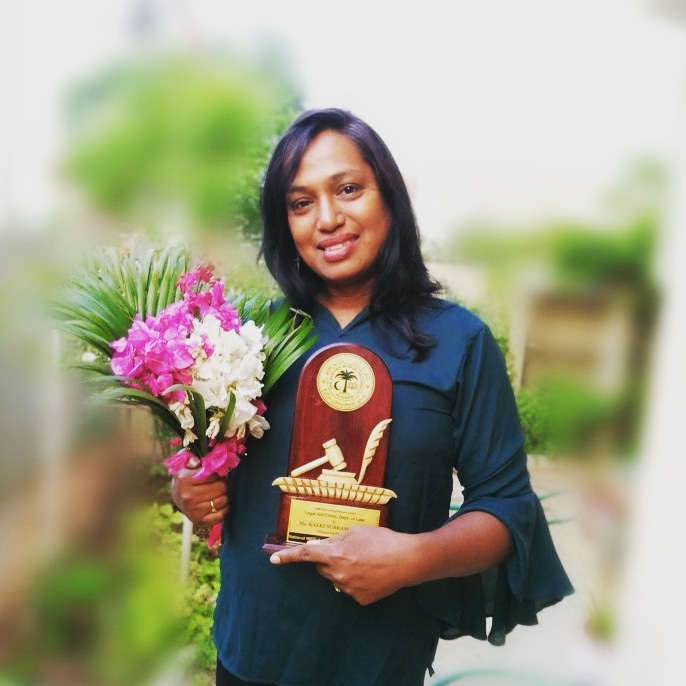
In fact, when Dutee Chand courageously came out and said, “I have found someone who is my soulmate. I believe everyone should have the freedom to be with whoever they decide they want to be with. ….in future, I would like to settle down with her,” the whole world, including popular television host Ellen DeGeneres, supported her. But her family, in her village in Odisha, disowned her.
Kalki Subramaniam is a Chennai-based double post-graduate and actor, writer, poetess, painter, inspirational speaker, and a transgender rights activist. She has won several awards for her work. She says, “Because of the media—both print and celluloid—people have become aware of our problems. They are at least talking about them. But still, lots needs to be done. I faced several problems, even today, there is a lot of bias against our group.”
She stresses that the support of cisgender women and men is a great help to this community. Cisgenders are individuals whose gender identity matches the sex that they were assigned at birth.
Reena Rai, who is best known for holding the first Miss TransQueen beauty pageant in India, agrees. She says that she did not know much about the LGBTQIA+ community until a chance encounter with Vippy, a trans-woman who has now become her best friend. She learned of their problems and in August 2017 decided to organise the event that had 1,500 participants from ten states!
She shares, “While attending a workshop by an NGO, I realised that activists were doing a lot of work, but it isn’t until society accepts and befriends them that their plight will improve. That is when I thought of Miss TransQueen!”
The event received such positive response that Wikipedia had to create a Miss Transqueen India page. People who had shunned her or the pageant earlier, are now calling her and her girls to talk to their group in schools, colleges, residential complexes.
Veena Shendre from Chhattisgarh, Transqueen 2018, was placed 12th in the international pageant held in Thailand, has now joined politics.
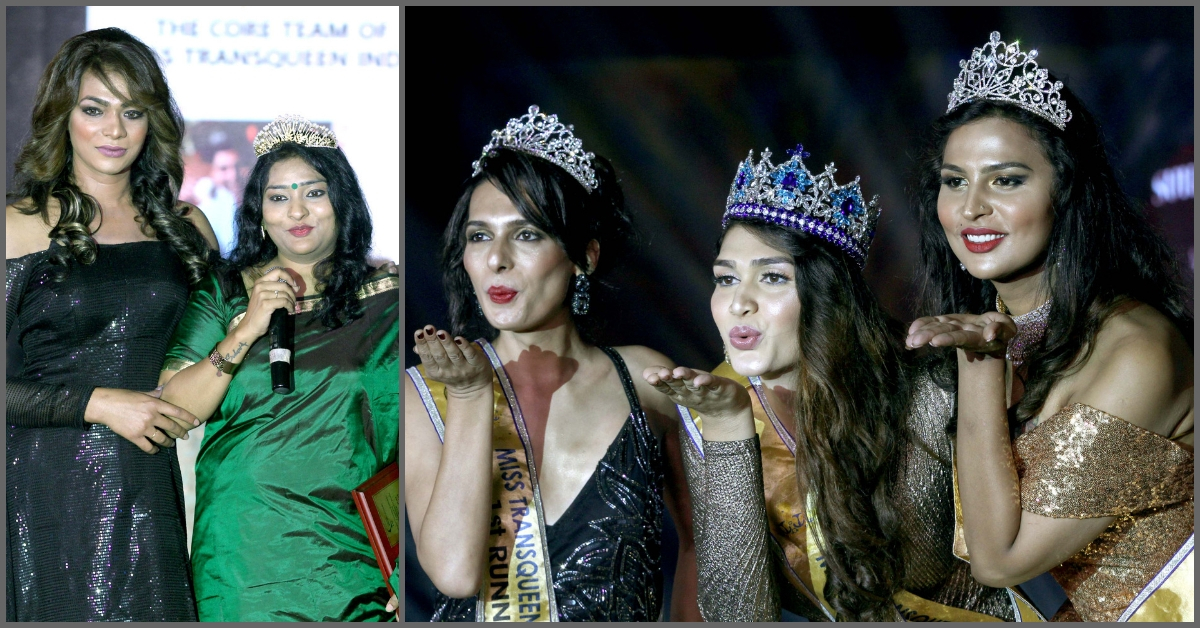
Reena also conducts awareness sessions with the youth. She shares, “At one such session, a class 8 student came up to me and said that she wasn’t nice to one of her classmates at school. But the session helped lift her ignorance, as the child promised Reena, ‘Tomorrow, I will make friends with him!’.”
Keshav Suri, the scion of The Lalit chain of Hotels, is a gay activist who married his partner last year. He started the Keshav Suri Foundation (KSF) to help train members of the LGBTQIA+ community in getting jobs, and counsel them and their families.
He says, “The media is doing its work. Now, even Bollywood doesn’t caricature our group. What we now need is to counsel the families and sensitise children in schools and colleges.” He began with awareness sessions at the Canadian International School in Bengaluru.
More than anything else, gender sensitisation is the need of the hour, he feels. Suri also opines that cinema and television can be one of the best tools to sensitise the aam junta. He says, “Such programmes on popular channels and mainstream films really help in making people aware of our lives.”
In India, cinema in any language is the strongest mode of communication. Until recently, the LGBTQIA+ was misrepresented, through caricatures of cross-dressed men or conniving and villainous characters.
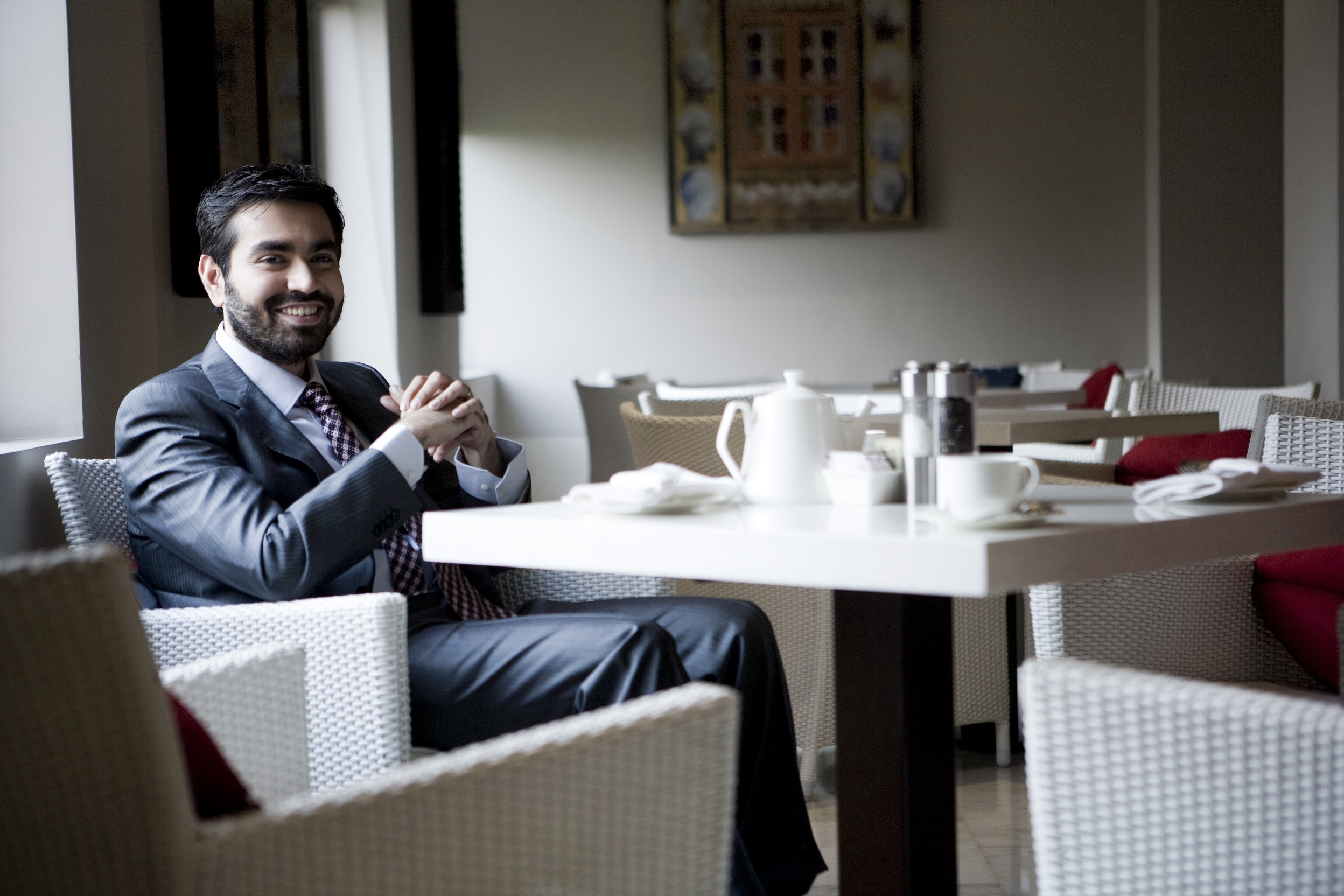
In the recent past, Mani Ratnam’s 1995 film, Bombay, for me, was the first real representation of transgenders, where a person from the community played the character, especially in a positive light by protecting a child from rioters until his parents arrived. Fleeting though that role might have been, it seemed the first attempt to humanise transgender individuals in pop culture.
Finally, in this decade, LGBTQIA+ subjects are appearing with leading characters played by mainstream actors. Films like Bombay Talkies (2013), Margarita with a Straw (2014), Aligarh (2015), Dear Dad (2016) and Kapoor & Sons (2016) and Ek Ladaki Ko Dekha Toh Aisa Laga (2019) celebrated these hitherto unrepresented communities. Now, even television and digital platforms are airing realistic stories about them.
One such example is Mohnish Malhotra’s debut directorial venture, UFF, ten episodes of unscripted real stories of LGBTQIA+ members and their families. He is optimistic about the series which will soon be released on the web. He shares, “When I came out with my story, and when we held the first Queer Pride Parade in 2008 in Delhi, the response from people and the media was average. But now, things have changed a lot.”
He tells me that he refers to the extensive media coverage, where cisgenders support them. He also highlights the fact that leading newspapers carry campaigns with members from the community, which carry their photos and tell their stories. When not directing web series, he heads a PR agency, Monkey Silver.
Trans-woman model Anjali Lama walked the ramp for many designers in Lakme Fashion Week. She was selected by Calvin Klein to model for them. She says, “Three years ago, when I came to Mumbai from Nepal, people were still hesitant to accept me. Now, there is a change in big cities. Even now, people do exploit us, but we have become brave. However, in small towns, things are still the same. A lot more needs to be done to make our society inclusive!”
Also Read: V-Day After Section 377 Verdict: Meet 5 Couples Who Claimed Their Right to Love!
But the awareness and initiation taken by people like Keshav Suri, Reena Rai, Kalki Subramaniam and among others, will bear fruit. Kalki concludes, “Every social reform takes time.”
(Edited by Shruti Singhal)
Like this story? Or have something to share?
Write to us: [email protected]
Connect with us on Facebook and Twitter.
If you found our stories insightful, informative, or even just enjoyable, we invite you to consider making a voluntary payment to support the work we do at The Better India. Your contribution helps us continue producing quality content that educates, inspires, and drives positive change.
Choose one of the payment options below for your contribution-
By paying for the stories you value, you directly contribute to sustaining our efforts focused on making a difference in the world. Together, let's ensure that impactful stories continue to be told and shared, enriching lives and communities alike.
Thank you for your support. Here are some frequently asked questions you might find helpful to know why you are contributing?


This story made me
-
97
-
121
-
89
-
167




